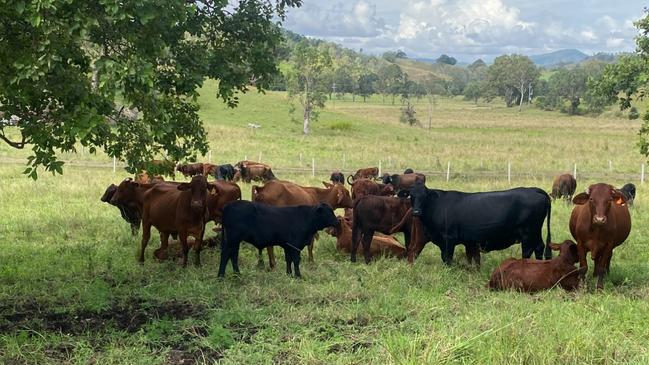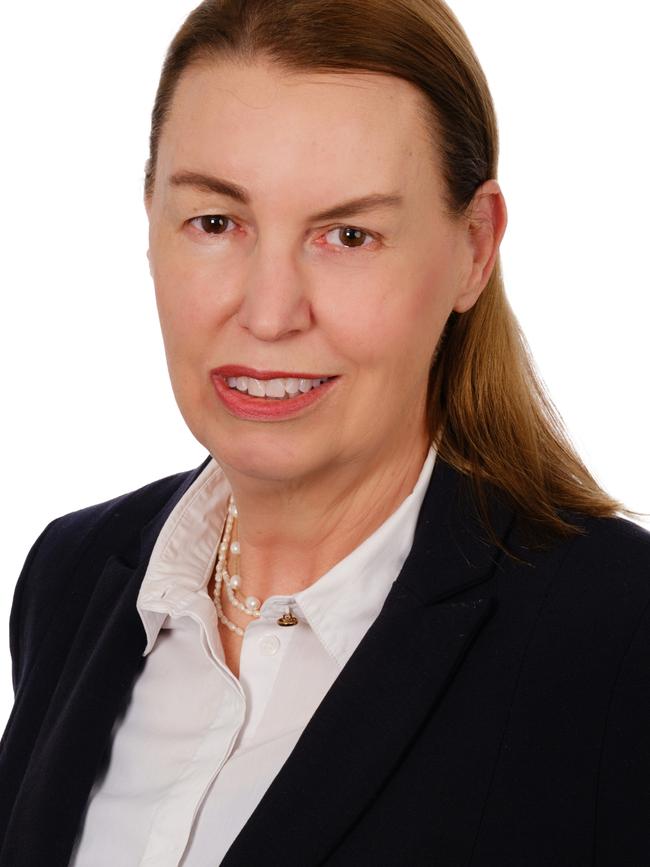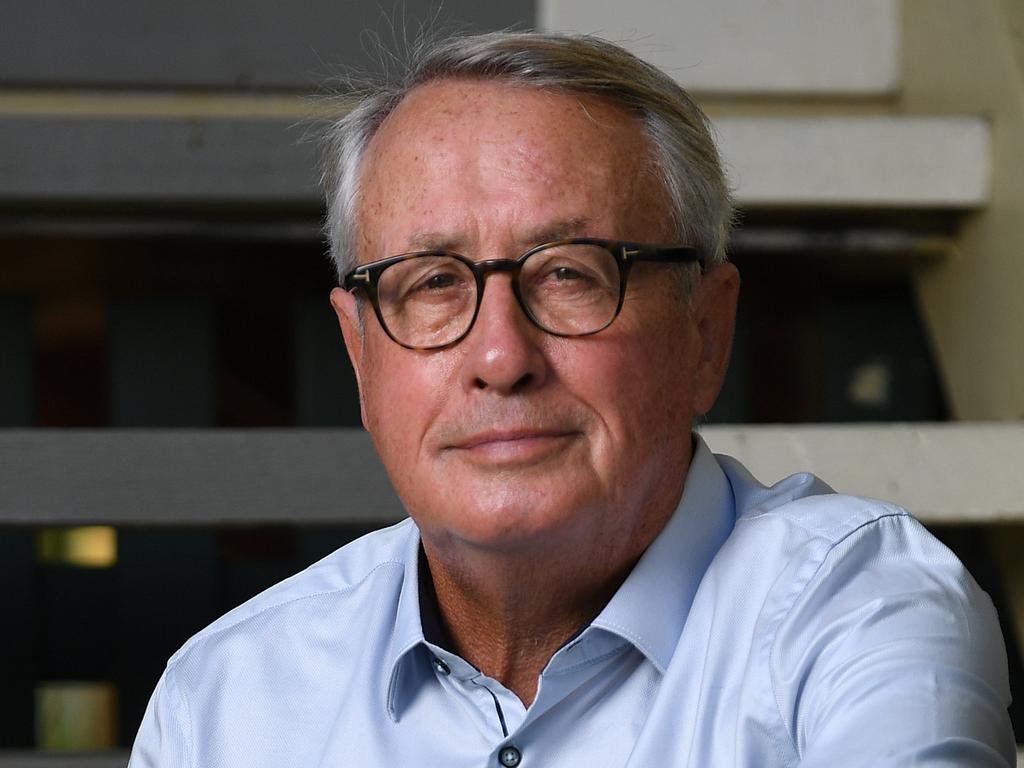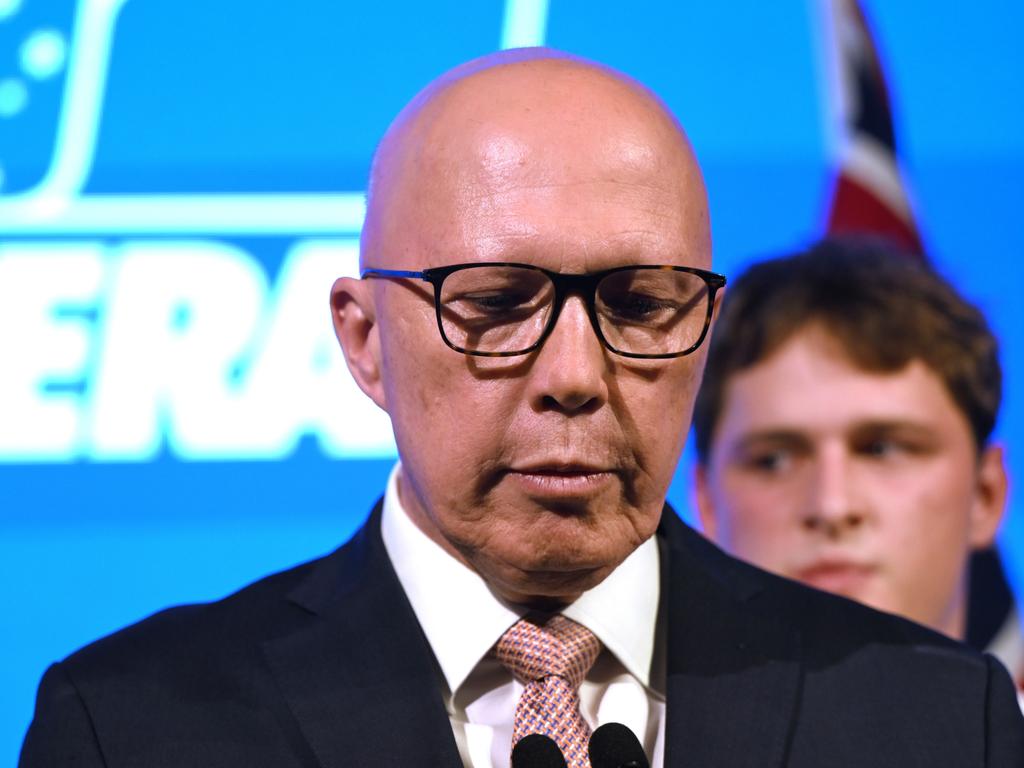Labor needs to bring bush voters back into the conversation

With the federal election behind us people across rural, regional and remote Australia are asking: What now? What does this change mean for our communities? After the speeches, the policy pitches and the doorstops, the real work begins – and so does the test of whether this government is willing to truly listen to those who live outside our cities.
Rural Australians have heard promises before. We’ve seen pledges made on the campaign trail that never quite turn into meaningful action. But with a new government comes a new opportunity. One that could be genuinely transformative – if Labor follows through on its commitment to inclusiveness, equity and regional engagement.
Too often, rural and regional voices have struggled to cut through in Canberra. Whether it’s the challenge of quality infrastructure to get 70 per cent of our food and fibre to ports for our export markets or navigating a health crisis when the nearest hospital is hundreds of kilometres away, these are realities many policymakers will never experience. Yet they are the ones writing the rules.

Through my work across rural communities and industries, I hear these frustrations almost daily. They are not new. They are not rare. And they are not just background noise. I saw this even more clearly when I chaired the panel for the independent assessment of social and economic conditions in the Murray-Darling Basin in 2019 and 2020. At the time more than two million people lived across the basin and our panel heard a consistent, troubling message: despite the endless reviews and consultations, locals felt excluded from decision-making. They felt policies were made about them, not with them.
In the foreword to that report, I wrote: “We heard from people caught in a one-way conversation – over-consulted and under-listened to. They were frustrated that decisions are being made ‘for’ them, often with short-term objectives as the predominant driver. They want to be part of a conversation that sets a coherent vision and drives sound policy that deals them in again.”
That message is just as relevant today. Water policy in the basin is a deeply divisive issue. It is one of many longstanding challenges that require a considered, collaborative approach – one that balances the needs of the environment, agriculture, First Nations communities and the rural and regional towns that depend on it. This is an early test for the new government. Will the government take the time to listen and get it right?
And water isn’t the only issue. Agriculture more broadly often has been treated as a legacy industry in public debate – vital, but quietly assumed to just “keep going”.
In reality, our farmers are confronting mounting challenges: climate variability, rising input costs, biosecurity threats, workforce shortages and supply chain disruptions. These aren’t hypothetical. They’re existential.
The National Farmers Federation recently renewed its call for a national food security strategy. NFF president David Jochinke warned Australia could no longer afford to ignore the risks.
This isn’t a new idea, it has been floating around for years. But perhaps with a new government it can finally become reality.
We can’t keep relying on the resilience of farmers without giving them the policy frameworks and support they need to thrive. Labor has an opportunity to prove it is serious about governing for all Australians, not just those in the capital cities or coastal seats.
Rural and regional Australia matters. Our people, agriculture, industries, resources and communities are a vital part of this nation’s economic and social fabric.
So what do we hope for? It’s simple: that government becomes more collaborative, not more centralised; more responsive, not more reactive; and more respectful of the expertise and experience that exists in the regions.
It’s not enough to consult; we need commitment. It’s not enough to visit; we need partnership. And it’s not enough to promise; we need policy that delivers.
Let’s hope this government is ready to bring the bush back into the conversation, not just during election campaigns but every day in office.
Robbie Sefton is a farmer and founder of Seftons, a rural and regional strategic communications firm.




